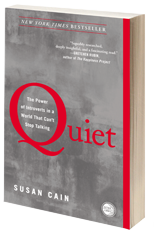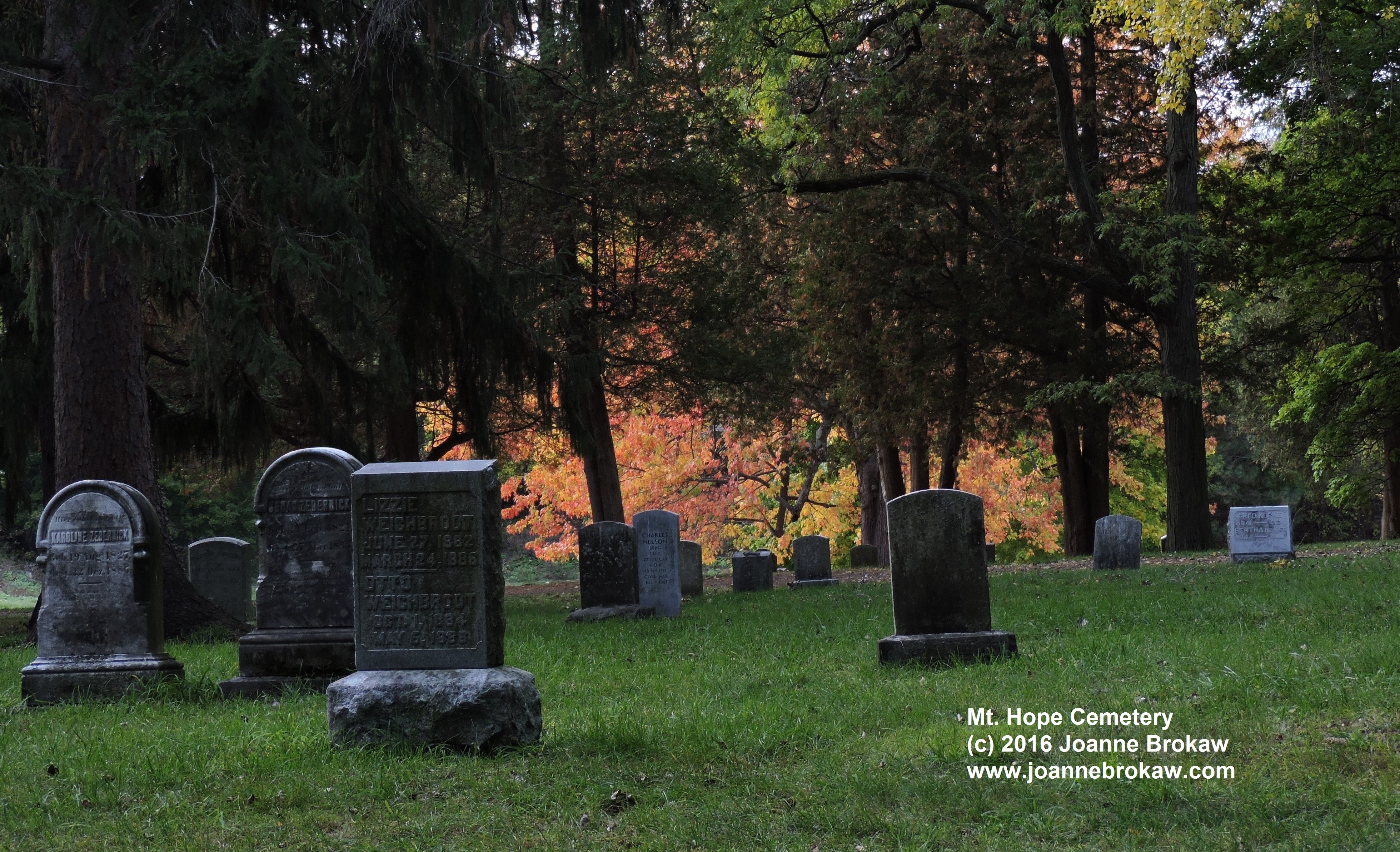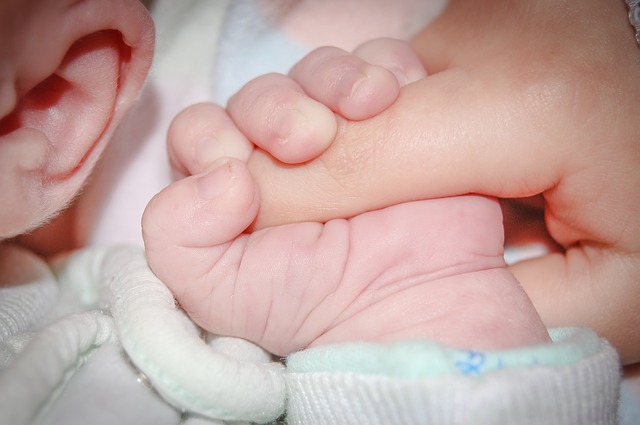 I’m an introvert. When I said it to friends a few times over the last couple of weeks, I’ve gotten responses like, “You? You’re so talkative” or “I remember you as so outgoing” but almost always, “You’re not an introvert.”
I’m an introvert. When I said it to friends a few times over the last couple of weeks, I’ve gotten responses like, “You? You’re so talkative” or “I remember you as so outgoing” but almost always, “You’re not an introvert.”
Really? How would you know?
You probably base your idea of who I am on what you see on the outside, without knowing what’s going on inside of me most of the time. Sure, I can put together a party and play the happy hostess. But inside, I’m usually freaking out, because I have a difficult time talking to lots of people at once. You see me as talkative because I try to go out into social situations only when I’ve built up enough social energy to carry on a conversation; you don’t see me in my alone times, just me and the dogs, walking in the cemetery and recharging my batteries.
I can talk at length, and even in front of a crowd, about a topic dear to my heart. But it’s impossible for me to speak when I don’t believe what I’m saying. Want to talk about human trafficking or positive dog training methods? I’m all about it. Which girl should get a rose on “The Bachelor”? I’m out – or rather, I end up musing about why women would value themselves so little that they’d compete for some guy on a game show and throw their emotions around so trivially; usually everyone else wants to talk about which girl is the biggest bitch.
I’m always asking questions to strangers, like “why do you believe that” and “how did that make you feel”, surrounding myself with gads of acquaintances but few real friends, avoiding conflict and loud noises (and people who wear copious amounts of perfume or cologne), always aware that there is a social line that, once crossed, can throw me into panic or drain me to the point of physical exhaustion.
I get it. I sound cuckoo. In fact, for years (and years) I thought there was something wrong with me. Let’s face it. In our culture, we revere the outgoing, bold, confident risk takers, those who set goals and go after them with wild abandon. Those of us who spend a lot of time thinking and wondering but not always doing are viewed as weak.
That’s why I was so relieved to read Susan Cain’s “Quiet: The Power of Introverts in a World That Can’t Stop Talking.” The book could have been subtitled “Joanne: An Owner’s Manual.”
For the first time, someone has taken the side of the introvert and shown how important they (we) are in an American culture, dispelling the myth that all introverts are recluses who avoid human interaction or that extrovertism is the ideal. And she uses neuroscience and research to back it all up.
Newsflash: there’s nothing wrong with me.
One of the things Cain talks about is the difference in the nervous systems of introverts and extroverts. Research has shown that introverts simply can’t handle too much stimulation, which is why we tend to shy away from … well, too much stimulation. It’s not that we don’t occasionally enjoy social outings, but the reality is that we can tolerate only so much before we’re overloaded: too much talking, too much music, too many smells or bright lights, too many people, too many conversations. I like a night out once in a while, but overall? I’d rather be in my jammies, watching PBS or reruns of my favorite comedies on Netflix, or reading an interesting book. I prefer coffee with one close friend over a large party of acquaintances. I try and maintain an even emotional state; not that I don’t feel emotions (I’m a wee bit of a crier, especially when it comes to my dogs) but too much up and down wears me out quickly.
It makes for some difficulties with personal relationships. Your typical introvert, Cain writes, “would rather spend her vacation reading on the beach than partying on a cruise ship.” Ironically, I’ve had family members try to get me to go on a cruise and they think they’re helping by extolling the virtues of a city on the sea – the activities, the stops at different ports, the various buffets, the shows, so much to do. But with every word they reinforce my belief that a cruise would simply be hell on the water.
The problem, of course, is that no one wants to plan a family vacation with the girl who wants to sit under a palm tree for a week, sipping pina coladas, reading a book, and contemplating the meaning of life. But for me? Heaven. I don’t need to be alone; I just need to be calm, peaceful, relaxed, left to enjoy one glorious thing at a time.
Introverts avoid conflict, so imagine being an introvert married to a spouse for whom cathartic emotional eruptions are a way of expressing everything from love to anger. The introvert tries to minimize the aggression, distancing herself from the situation. The extrovert sees it as closing off emotionally and so amps up the volume. “Pretty soon they’re locked in a destructive cycle from which they can’t escape,” writes Cain, “partly because both spouses believe they’re arguing in the appropriate manner.”
The key isn’t to determine which is better – introvert or extrovert – but to recognize that we’re all different people with different ways of dealing with the world, with different purposes and ways of fulfilling those purposes.
The problem, of course, is that in our culture we don’t recognize the value of the introvert, and so most of us are always trying to live up to the extrovert ideal. Just do it, we’re told. Be happy, set goals, live like there’s no tomorrow, speak up, put away the books. In other words, try not to be so damned introverted. The problem, though, is that “acting out of character for too long and without restorative niches” will eventually take a toll.
“When your conscientiousness impels you to take on more than you can really handle,” Cain writes, “you begin to lose interest, even in tasks that normally engage you.” She calls it “emotional labor”, or the effort we make to control and change our own emotions, and it’s associated with stress, burnout and other physical symptoms. Too much energy spent trying to naviagate the emotional storms, and wham. You’re sidelined with every tank on empty.
Been there, done that. “Empty” is how I spent the entire year of 2011.
Other introvert traits, according to Cain: they get sick more easily in highly stressful situations; don’t handle information overload well; are not good at multitasking (which is not doing two things at once but being able to quickly switch between multiple tasks); prefer deep, meaningful conversations to chit chat; are less driven by rewards like cash or “top dog” status; and are often exhausted after being around other people. Yup, that’s me.
But here’s the thing to remember: those are not bad traits to have. The world needs introverts. Cain talks a lot about the power of introverts in business and finance, citing the success of people like Bill Gates, Charles Schwab, Warren Buffet, and Steve Wozniak, introverted leaders and innovators often described as quiet, humble, shy, gracious, modest and understated.
Managers put a lot of emphasis on hiring employees who can multitask, but multitasking “reduces productivity and increases mistakes by up to 50 percent”. Cain suggests that managers “Make the most of introverts’ strengths – these are the people who can help you think deeply, strategize, solve complex problems, and spot canaries in your coal mines.”
The world needs those quiet innovators like Marie Curie, who work in solitude but make contributions from which we all benefit. Much can be accomplished with quiet strength – think Rosa Parks, Ghandi. There’s something to be said for people who are driven by internal gratification rather than external rewards.
And never forget that you can change the world without necessarily having to play host to everyone in it. Cain quotes Theodore Geisel, otherwise known as Dr. Seuss, an introvert who rarely ventured out to meet his merry bands of young fans. “In mass,” Geisel has said, “[children] terrify me.”
I don’t think I needed Cain to tell me that introverts are important or make significant contributions to society. I know that. What I did need was for someone to explain that being introverted is OK; that being shy in some situations and social in others is normal for someone like me; that it’s OK to not strive to be rich or famous (or want shiny new things); that someone understands that being alone is not the same as being lonely; that for people like me, solitude can be invigorating and shouldn’t be viewed as anti-social.
The key, writes Cain, is to “put yourself in the right lighting … Use your natural powers – of persistence, concentration, insight, sensitivity – to do work you love and work that matters. Solve problems, make art, think deeply. Figure out what you are meant to contribute to the world and make sure you contribute it.”
And that’s what I really needed to hear.
You can learn more about “Quiet: The Power of Introverts in a World That Won’t Stop Talking” on the book’s website.











